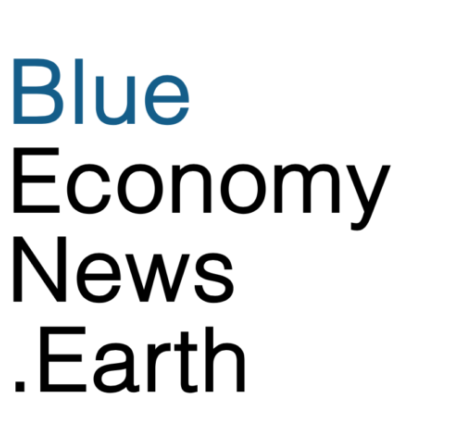The French Embassy in Mozambique and ADPP Mozambique have signed a Cooperation Agreement for Coastal Resilience in Mozambique under the Creation of a New Marine Protected Area through the Futuro Azul Project.
The one-year, €100,000 program financed by the French Embassy aims to establish a response platform to address challenges related to access to water and alternative income sources to fishing in Memba district, Nampula Province. The ultimate goal is to support coastal communities in adapting to life within a Marine Protected Area.
The main objective of the project is to strengthen the resilience of coastal ecosystems while improving the livelihoods of local communities. The interventions cover critical ecosystems such as mangroves, seagrasses, and coral reefs, directly benefiting around 14,786 people through the promotion of sustainable fishing practices and diversification of income sources.
Within this project, ADPP’s role is to work with coastal communities, helping them organize into Livelihood Clubs by creating initiatives that enable them to understand and adapt to living within a Marine Protected Area (MPA).
The grant aims to support approximately 1,500 people, mostly women, organized into Livelihood Clubs. These include five communities in Memba district, whose members will also receive training in planting and maintaining 10,000 fruit and fodder trees. In parallel, participants will take part in sessions on Gender-Based Violence (GBV), aimed at combating violence against women and promoting their participation in community decision-making.
The Futuro Azul Project brings together a consortium of five organizations, including ADPP Mozambique, Eduardo Mondlane University (UEM), the Environmental Association (AMA), the Department of Biological Sciences of UEM (DCB-UEM), ProAzul, and the Biodiversity Conservation Foundation (BIOFUND), led by the Wildlife Conservation Society (WCS).
“We are very pleased with this partnership, as it will allow more families to have access to water within their own communities,” said Birgit Holm, Executive Director of ADPP Mozambique. “This will free women from the time spent fetching water and enable them to engage in other domestic and productive activities that contribute to improving their lives,” she concluded.

